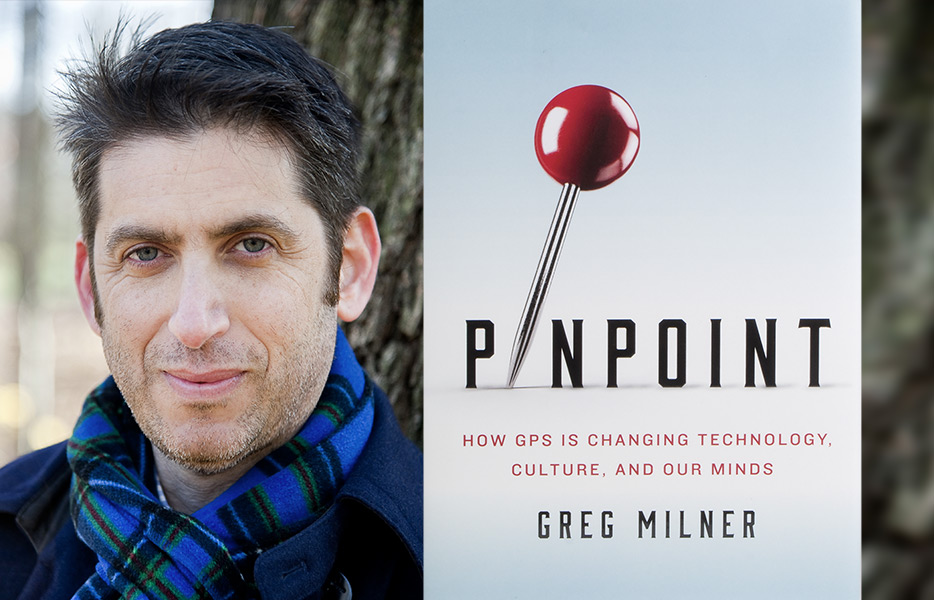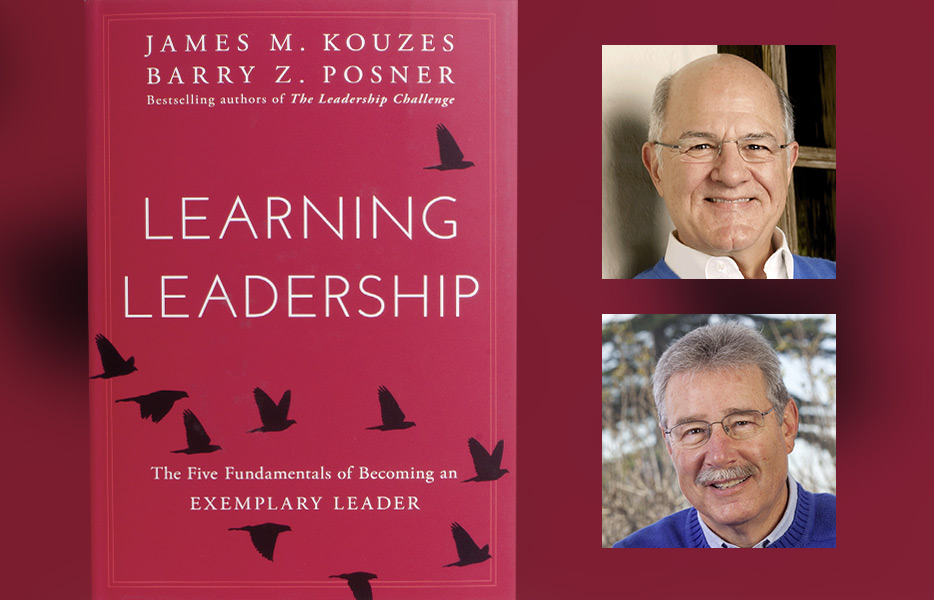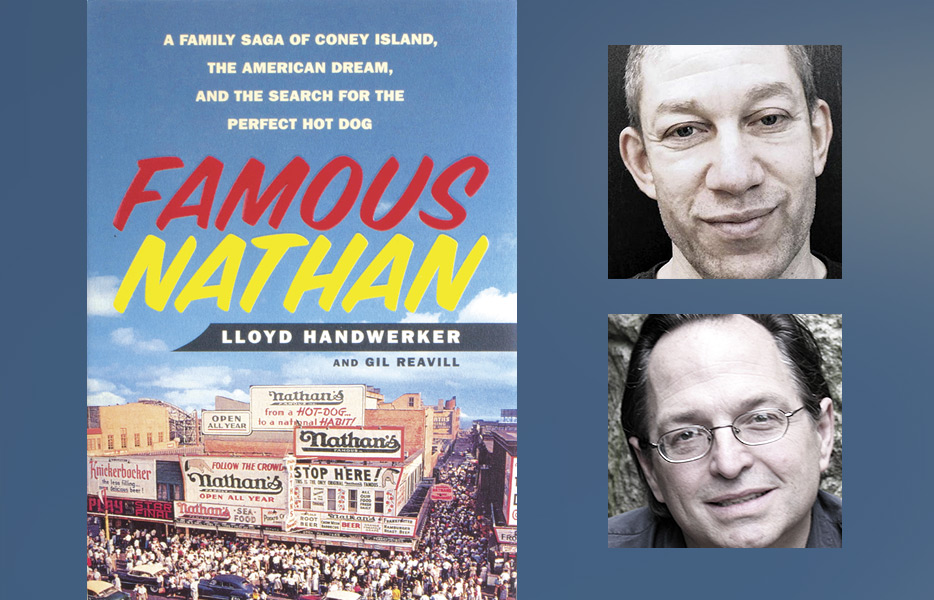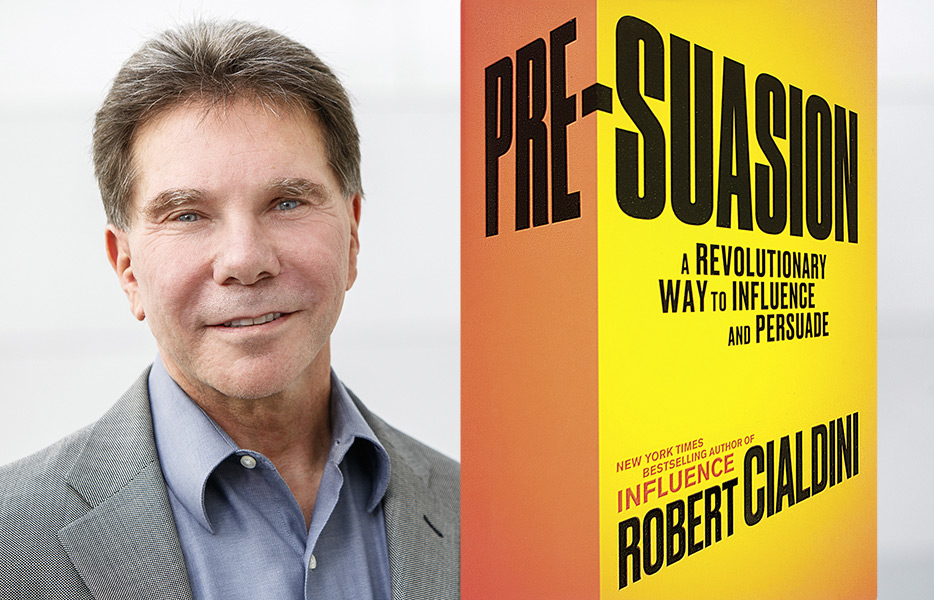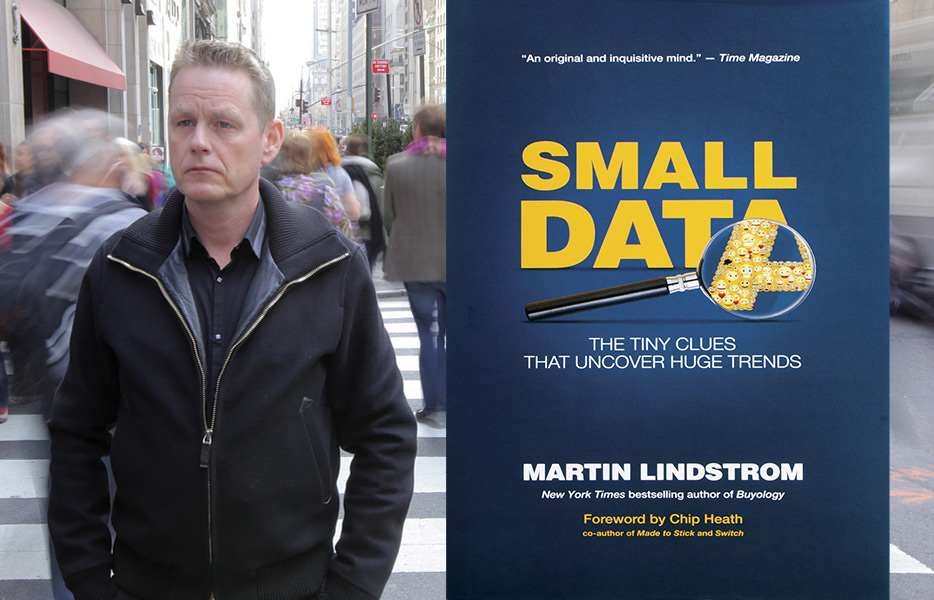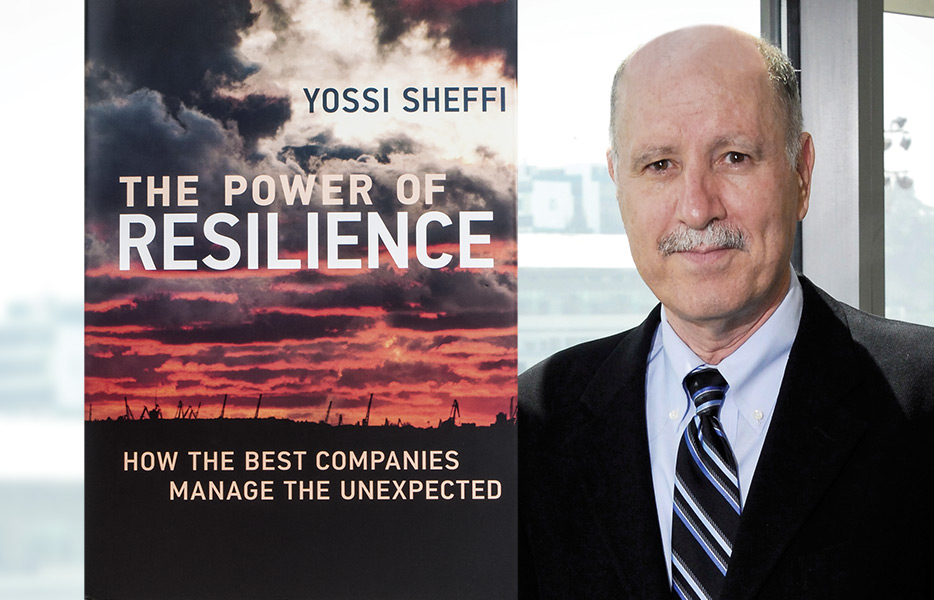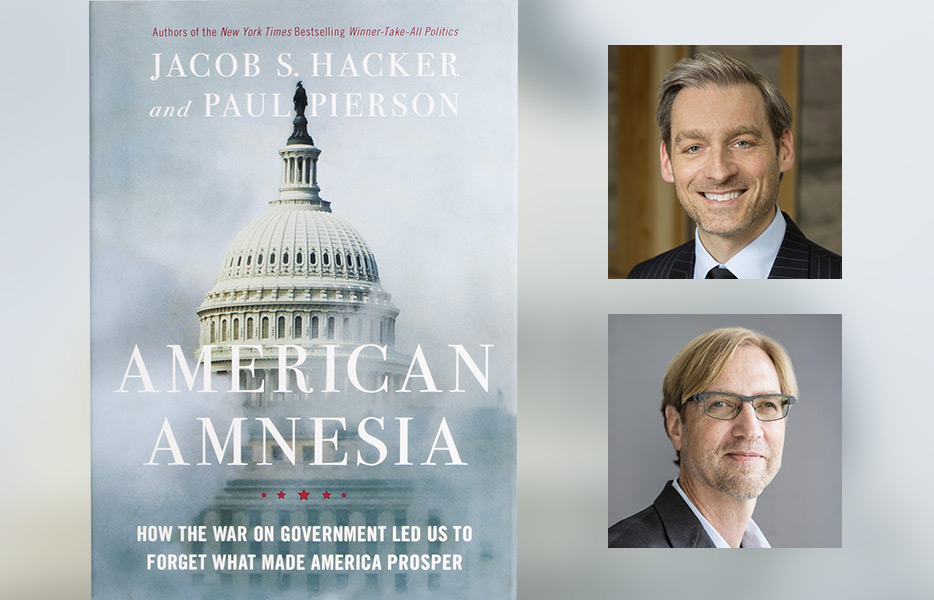Ter alguém para se inspirar pode dar aquele gás que faltava para corrermos atrás dos nossos sonhos. Por isso mesmo, quem quer empreender e ter um bom modelo de negóciomuitas vezes se espelha em pessoas bem-sucedidas.
Quem nunca imaginou como é viver com uma conta bilionária no banco? Contudo, muitas vezes esquecemos que, para ganhar a fama e a fortuna de hoje, muitas pessoas traçaram um caminho de luta e algumas decepções.
Exemplo disso são os grandes investidores. Quem conseguiu enriquecer no Mercado de Ações com certeza deve servir de exemplo para muitos iniciantes neste universo.
O Mercado Financeiro não é simples e quem consegue entendê-lo tem muita sabedoria para compartilhar por aí.
Foram as experiências boas, como lucrar milhões em apenas uma transação, e também as ruins, como perder seis dígitos após um ato por impulso, que ajudaram essas pessoas a conquistar o sucesso que têm atualmente.
Mais do que apenas invejar a riqueza alheia, que tal aprender com quem chegou lá? Veja agora ensinamentos de investidores de sucesso para começar a seguir já!
Benjamin Graham: motivos são tão importantes quanto objetivos
Graham foi um professor aclamado da Universidade de Columbia. Parte de sua fama surgiu por causa de seus ensinamentos sobre a análise fundamentalista, uma forma de avaliar onde investir dinheiro a partir das perspectivas de longo prazo das empresas.
Muitas pessoas que hoje iniciam no mundo dos investimentos seguem lições de Graham. Isso porque, apesar de ter nascido em Londres no fim do século XIX, seus estudos ainda são bastante atuais.
Quer aprender com ele? Saiba que estar certo não é suficiente. Você precisa estar certo pelos motivos corretos. Afinal, de nada adianta estar convicto do que faz se seus motivos não estão alinhados com seus objetivos.
A convicção, inclusive, está bastante presente em suas lições. Para ele, é preciso ter paciência e disciplina para se manter firme em suas convicções, especialmente quando o mercado insiste que você está errado.
Assumir uma posição e se manter fiel a ela parece simples na prática, mas quando o mundo segue por outro caminho, podemos começar a duvidar de nós mesmos. Ouça a voz da sabedoria!
Warren Buffett: fuja do lugar comum
Benjamin Graham foi professor de Buffett e chegou a ser considerado por seu pupilo um dos homens mais importantes de sua vida.
O apelido, “oráculo de Omaha”, não surgiu à toa. Aos 86 anos, Warren Buffett permanece há quase duas décadas entre os primeiros colocados na lista de mais ricos do mundo.
A frente de sua empresa, a Berkshire Hathaway, ele publica anualmente cartas em que dá dicas valiosas a seus leitores. Em uma delas, Buffett escreveu que não se pode ficar obcecado pelo sobe e desce do mercado.
O que realmente importa para ele é estar focado no jogo e não no placar.
Outra lição que podemos aprender com ele é em relação aos riscos. Em suas palavras, “o risco vem de não saber o que você está fazendo”.
A falta de compreensão sobre como agir também ganhou destaque quando ele afirmou que é melhor não investir em um negócio que você não entende.
Ele também indica remar contra a maré: “A hora de se interessar por ações é quando ninguém mais está interessado.
Você não pode comprar o que é popular e achar que está agindo de maneira correta em relação a seus investimentos”.
George Soros: erros também são aprendizado
Quando se fala em investidor de sucesso, outro nome que surge espontaneamente é George Soros. Sua fortuna chega a mais de 20 bilhões de dólares!
Entre suas maiores proezas no Mercado Financeiro, está o lucro de 1 bilhão de dólares conquistado em 1992 ao investir contra a libra esterlina.
Ele é um dos fundadores do Quantum Fund, um dos maiores e mais lucrativos fundos de hedge existentes. Além do sucesso nos investimentos, Soros também se deu bem na literatura. Aos 80 anos, ele é autor de quase uma dezena de livros sobre o Mercado Financeiro.
Soros não crê que é possível se divertir investindo bem. “Se investir é entretenimento e se você está se divertindo, provavelmente você não está ganhando dinheiro”. Segundo ele, o bom investimento, infelizmente, é chato.
E ele não tem medo de reconhecer suas fraquezas. Soros já admitiu que acaba se deixando tomar pela euforia e também pelo desespero. Mas ressaltou que só deu a volta por cima porque reconheceu seus próprios erros.
É importante não só reconhecer, como também corrigir as falhas. “Uma vez que nós entendemos que os seres humanos são imperfeitos, não há vergonha em estar errado,mas sim em falhar por não conseguir corrigir nossos erros”. Ou seja, Soros é adepto do ditado que diz: errar é humano.
Jim Rogers: tenha fé em si mesmo
O fundo criado com a parceria entre Rogers e Soros é considerado um dos mais rentáveis da história. Para se ter uma ideia, em dez anos esse fundo chegou a avançar 4.200%!
A sociedade com Soros foi tão frutífera que Jim Rogers conquistou o que muitos sonham: aposentar-se aos 40 anos. Um verdadeiro entusiasta do mercado asiático, ele atualmente mora em Cingapura e atua como um observador profissional do mercado.
Rogers realmente acredita que o oriente é o futuro dos negócios, tanto é que uma de suas sugestões é que todo mundo nascido a partir de 2003 deve aprender a falar mandarim.
Ele também aconselha a todos traçar seu próprio caminho. Rogers já confessou que, no início da carreira, se deixou levar pela opinião dos outros e se deu mal.
“Com o tempo, vi que quando eu discordava dos outros, eu estava certo. Então, passei a seguir minha intuição e deixar os outros para lá”, disse.
Ele também escreveu diversos livros sobre economia e investimentos. Um deles, “A Gift to My Children: A Father’s Lessons for Life and Investing”, traz um ensinamento interessante para quem não é muito fã de mudanças.
Um trecho da obra diz que aqueles que não conseguem se ajustar às mudanças, vão ser varridos por elas. Aqueles que aceitarem as mudanças e reagirem de acordo, vão se beneficiar com elas. Flexibilidade é o segredo do sucesso!
Jorge Paulo Lemman: sonhar não custa nada
Claro que esta lista não iria terminar antes de ter ao menos um brasileiro por aqui.
Jorge Paulo Lemman é um nome forte em terras tupiniquins e também internacionalmente. Tanto é que ele foi chamado de “conquistador da América” pela revista Forbes.
Entre suas conquistas está a criação da Ambev e investimentos em diversas empresas do ramo alimentício no país, como Heinz, Burguer King e Lacta.
Contudo, sua mais nova área de investimento é a tecnologia. Este ano, ele investiu no Snapchat, rede social com valor de mercado superior a US$ 20 bilhões.
Uma máxima dele para inspirar as pessoas é sonhar longe. Para ele, ter um sonho grande dá o mesmo trabalho de ter um sonho pequeno. Então, por que não querer ir além?
Lemman também dá muito valor ao empreendedorismo, já que, segundo ele, os empreendedores vão salvar o Brasil. “Peço que eles não desanimem na primeira dificuldade, peço que eles continuem”, completa o pensamento.
As dificuldades são um dos principais motivos para muita gente desistir antes de alcançar um objetivo. Ele deixa claro que nada acontece em linha reta, já que sempre vão haver altos e baixos.
O importante, para Lemman, é constantemente aprender com as dificuldades e sempre ver nelas uma oportunidade.
Exemplos de sucesso existem vários por aí, tanto de grandes investidores quanto de pequenos empresários. Sabe o que todos eles têm em comum? A humildade de aprender com os próprios erros e a disciplina para prosperar em meio à adversidade.
O Mercado Financeiro foi palco do sucesso dos investidores citados e pode ser o seu também. Sabe o melhor? A Bolsa de Valores é o melhor investimento do ano. Ainda dá tempo de aproveitar e mudar de vida!
Agora é um excelente momento para empreender e investir. É hora de colocar a mão na massa e tirar seus sonhos do papel!
Autoria: Ana Cláudia Inez, graduada em Relações Públicas, mestre em Processos Comunicacionais e estudiosa do mercado de ações. Integrante da equipe Toro Radar, é responsável pela comunicação e relacionamento da empresa com parceiros em todo o país.
Fonte: Blog Saia do Lugar
